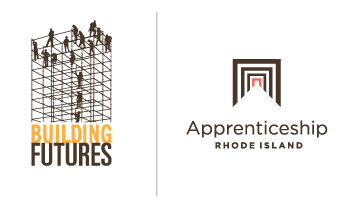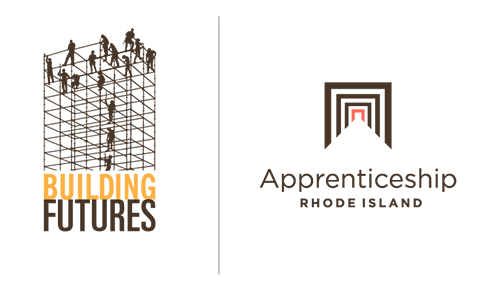
According to one recent study, contractors that invested one percent of total craft labor costs in training could expect the following “typical project benefits”: (a) productivity improvement; (b) turnover cost reduction; (c) absenteeism cost reduction; (d) rework cost reduction; (e) injury cost reduction. (Collaboration to Transformation: Solutions for Today’s Construction Industry, 2007)
On the job training that employers provide can yield exceptional benefits and represent a substantial investment in building an employee’s skills to meet your needs. Naturally, entry level workers represent the greatest financial risk – with no track record of performance. Our program is designed to minimize your risk by providing a pre-screened and field tested apprentice, with a support system behind them.
Building Futures believes in developing and supporting the next generation of talent that will be needed to compete in today’s market. We ensure that apprentices are prepared to succeed, so that your company will as well.
Our Industry Services provide the tools and assistance that project owners and contractors need to change recruitment and hiring practices, further complimented by our work around Access and Entry to quality apprenticeship programs.
Across the country, similar approaches have been successfully implemented, on both private and public sector construction projects. Some municipalities have chosen to incorporate skills training into broader Responsible Contractor Policies, which create minimum qualifications for bidding contractors to ensure “best value” instead of “best cost”. Others have passed state legislation that sets a goal for apprenticeship utilization on projects.
Building Futures works with the project owner community inclusively, partnering with private developers, government agencies and institutions alike. Our goal is a policy framework in which intentional strategies are adopted to ensure that a diverse and skilled construction workforce is developed in Rhode Island.

